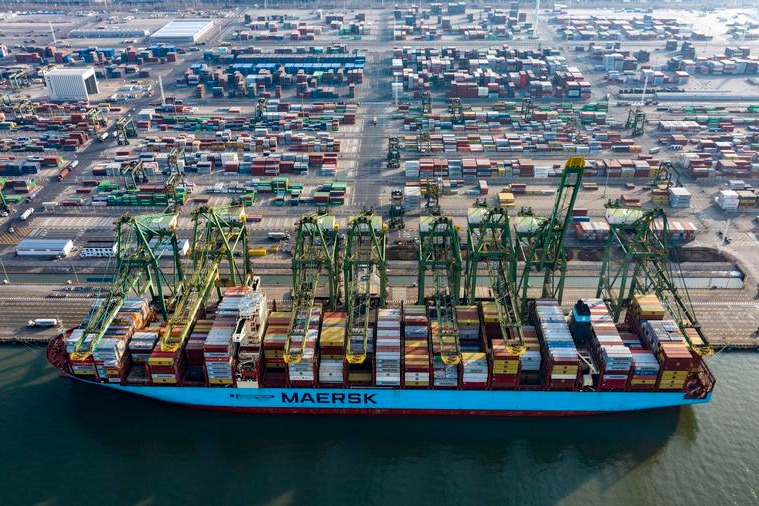French military has no place in the South China Sea


French Defense Minister Florence Parly disclosed earlier this month that one of her country's nuclear submarines had recently conducted a patrol through the South China Sea. This admission would have been unsurprising for China since its military would be aware of the provocative presence of the vessel in its territorial waters.
Proving the political motivations behind this destabilizing act, Parly tweeted that this was "striking proof" of the capacity of the French Navy to deploy far away and for a long time together with its strategic partners, Australia, Japan and the United States.
France has no military bases or mutual defense pacts in the region, unlike the US, but is evidently seeking to court Washington's favor by supporting the so-called Quad, the emerging unofficial military alliance of Australia, India, Japan and the US, which is intended to contain China. France, which still controls some islands in the South Pacific, has recently begun to wrongly perceive China as a competitor in that part of the world due to its growing investments there, which might be influencing Paris' desire to cozy up with the Quad.
Another possible motivation is that France is engaged in "friendly" competition with the United Kingdom. The UK recently dispatched an aircraft carrier to the South China Sea and plans to hold naval drills in the waters with Japan and the US. Not wanting to feel "left out", France might have mistakenly thought that it wise to join the growing militarization of this body of water driven by the extra-regional countries of the Quad.
The pretext of defending "freedom of navigation" is a fallacy originating from the US perceiving China to be a strategic rival. The vast majority of China's trade with its countless partners in the Eastern Hemisphere traverses through that body of water. Doing anything that destabilizes the region would naturally be counterproductive for China's economic interests, though conversely, worsening instability there can advance US interests by creating latent threats to China's. By dispatching naval assets to the South China Sea, France and the UK are contributing to the US' anti-China stratagems.
The presence of extra-regional naval assets in the South China Sea is meant to foster the impression among the many claimants in the territorial disputes that those countries support their claims against China. This is meant to encourage them to consider carrying out their own provocations, which could in turn provoke regional crises. Those foreign forces hope that such a disastrous outcome can help them divide and rule Southeast Asia. In other words, it's a crafty means of advancing neo-imperial interests designed to strengthen their geopolitical influence over rising non-Western countries.
The US and especially the UK are historically infamous for this, though France's actions in this respect are less known among many because they've mostly been concentrated in Africa over the past few decades. Nevertheless, it appears as though Paris is interested in expanding its destabilizing neo-imperial influence into Southeast Asia too, which can only end in disaster just like it has in large swathes of Africa. It's therefore in the best interests of all that France stops trying to appeal to the Quad by provoking China in the South China Sea and instead focuses on mutually beneficial economic engagement.
It is not China that is responsible for the regional instability, but the US and its Quad allies, along with wannabe members such as France. They should focus on improving economic ties through trade and investment, not provoking problems between regional states.
Andrew Korybko is a Moscow-based American political analyst.
































